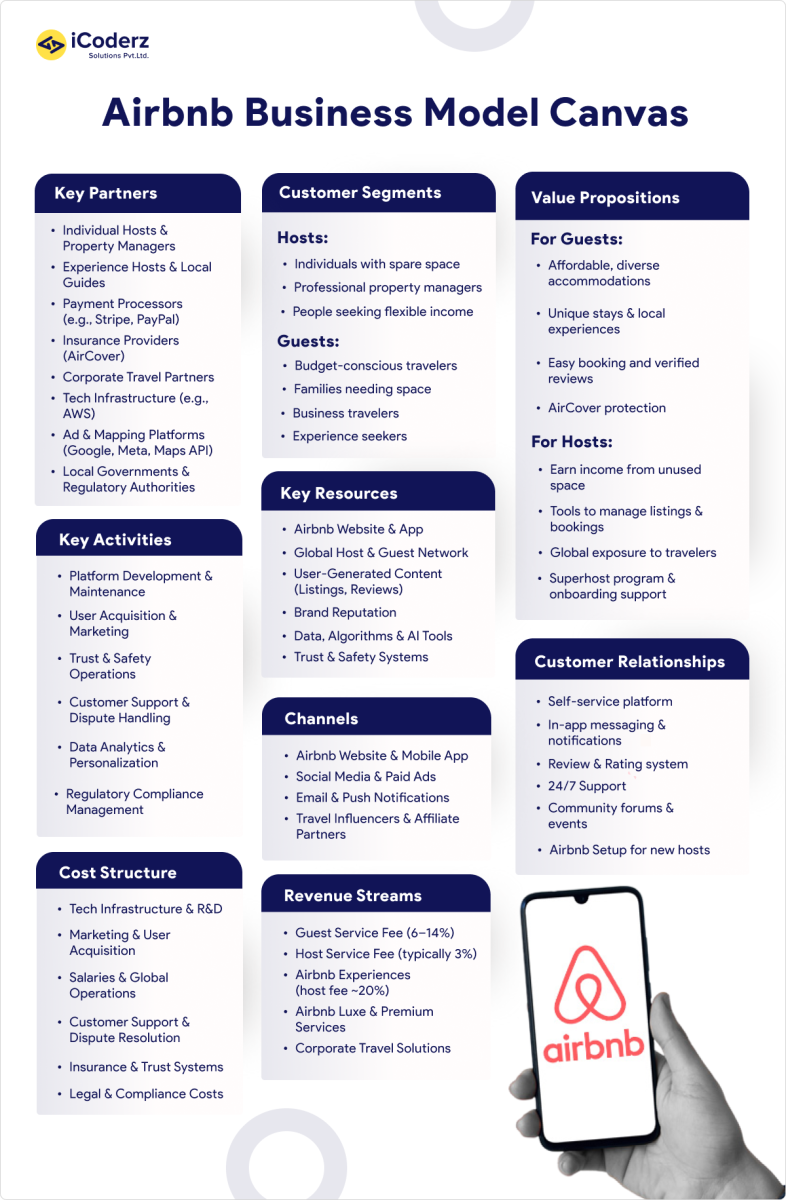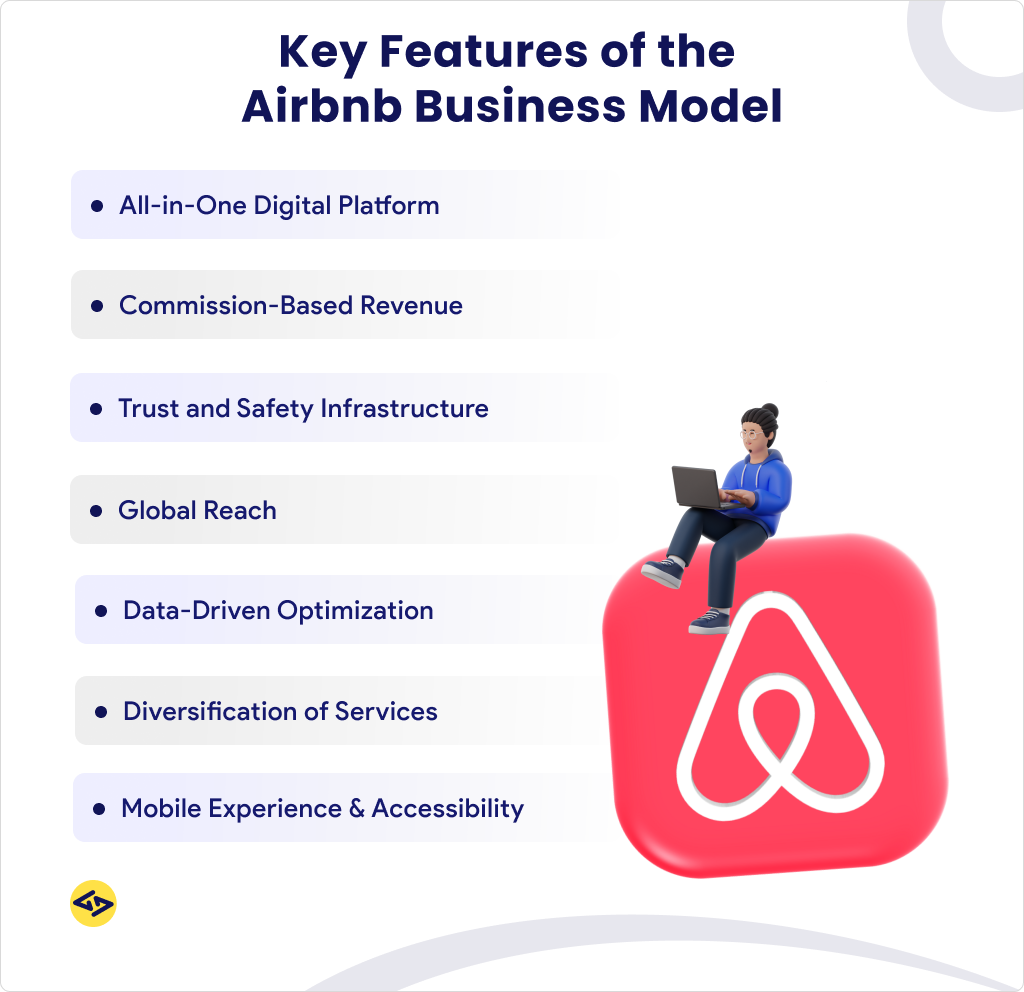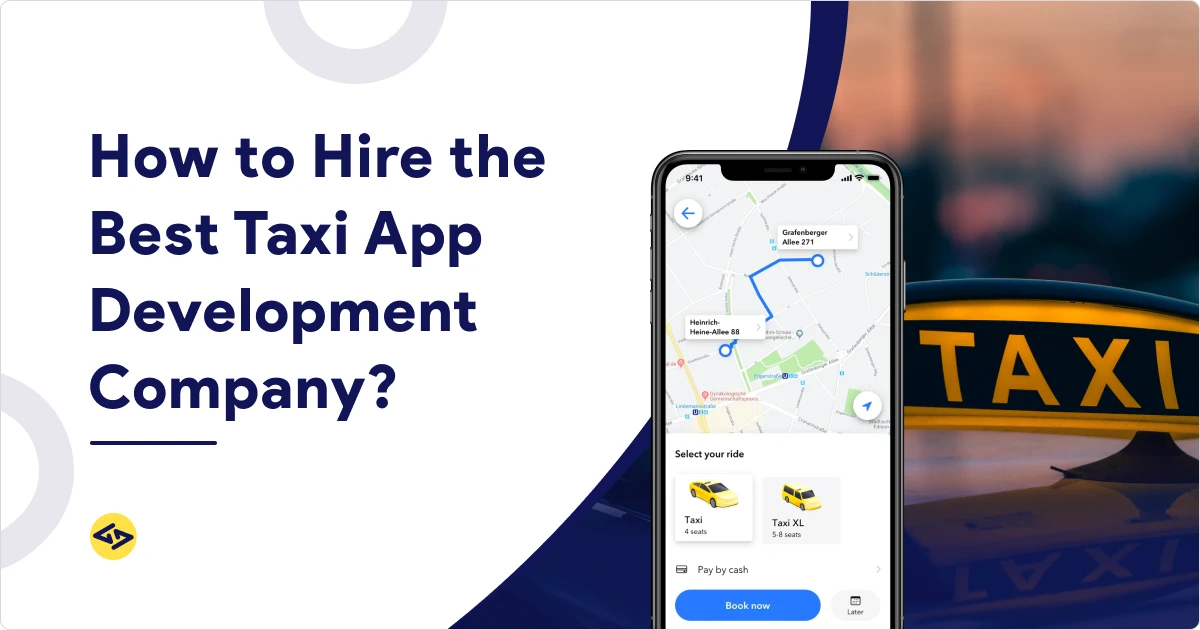Introduction: A New Way to Travel
Imagine waking up to soft sunlight in a cozy cabin, where everything feels warm and welcoming. Or imagine having breakfast on a tiny balcony, enjoying the fresh air in a place that feels like your own. Airbnb helps people have trips that feel welcoming, personal, and truly memorable.
Airbnb began with a simple idea: letting people share their homes, rather than just booking standard rooms. With time, it has become a global accommodation marketplace allowing millions of people to travel differently.
Travelers no longer need to book hotels but can reside in unusual homes, apartments, or even treehouses. Airbnb connects people who have extra space (hosts) with those who need a place to stay (guests). What began as a modest notion has become a universal stage active in over 220 countries and regions. Indeed, in 2024 alone, Airbnb recorded over 490 million booked nights and experiences worldwide, showcasing its significant market presence.
Airbnb business model is a perfect example of how a digital platform can shake up a traditional industry. It works by using things that already exist—like spare rooms—and connecting people through technology and trust. The rise of remote work after the COVID-19 pandemic changed how people traveled. Airbnb adapted by focusing on long-term stays and features that help guests live like locals, turning it into more than just a vacation rental site.
What Is Airbnb and How Does It Work?
Airbnb is an online platform that allows people to rent out their homes or rooms to travelers looking for a place to stay. Whether it’s an entire apartment, a spare bedroom, or a shared space, hosts list their properties, and guests can browse and book them directly through Airbnb’s website or app.
- Hosts list properties with photos, details, prices, and availability.
- Guests search for accommodations based on their needs and budget.
- All communication, booking, and payments are handled within Airbnb’s platform.
As an example, a tourist in Tokyo might use Airbnb to reserve a comfortable apartment in a peaceful district. After booking, the guest and host exchange messages directly through Airbnb’s messaging system, go through check-in protocols, and review one another after checkout, which helps build trust within the community. This transparency, supported by a public rating and review system, helps users make informed decisions. Secure payments and verified IDs add to the ease and safety of the whole process.
Step-by-Step Breakdown of the Airbnb Business Model
- Host Signs Up: Individuals with spare rooms or properties register on Airbnb.
- Property Listing: Hosts upload photos, descriptions, pricing, availability, and house rules.
- Guest Browses Listings: Guests search based on location, price, amenities, and travel dates.
- Booking & Payment: Guests book a stay and pay through the Airbnb platform.
- Commission Fees Applied: Airbnb deducts service fees from both the host and the guest.
- Stay Takes Place: The guest stays at the host’s property.
- Review System: After checkout, both parties leave a review.
- Payout to Host: Airbnb releases the remaining payout to the host.
This straightforward process has been refined over time to enhance user experience, reliability, and scalability.
What Is the Airbnb Business Model?
Airbnb adopts a platform-based business model. It doesn’t own any of the properties listed on its site. Rather, it offers an online marketplace in which hosts post and rent their properties, and guests make reservations. This model has enabled Airbnb to expand around the world with relatively low fixed costs.
- Two-Sided Marketplace: Airbnb unites two groups of users, hosts and guests.
- Digital Platform: All their communication goes through the Airbnb website or application.
- Peer-to-Peer Model: Regular people are hosts who rent their space; travelers are part of the guests.
How Does Airbnb Make Money?
Airbnb revenue is based on value-added services and service fees. Here’s how:
- Host Service Fees: Typically around 3–5% per booking, deducted from host payout.
- Guest Service Fees: Guests are charged a 6–14% fee, depending on factors like price and length of stay. While this split-fee model is common, Airbnb also offers a “Host-Only Fee” where hosts pay a higher percentage (around 15%) and the guest doesn’t see a separate service fee.
- Airbnb Experiences: Airbnb takes a commission from experience hosts.
- Premium Services: Revenue also comes from:
- Airbnb Luxe (luxury stays)
- Airbnb for Work (business travel)
- Monthly long stays (long-term rentals)
- Other Services: Airbnb also facilitates additional services, such as professional photography for listings or travel insurance through partners, which can generate additional revenue.
- Airbnb Categories: Specialized listing types like Tiny Homes and Off-the-Grid have niche audiences and increase bookings.
Airbnb’s pricing engine uses demand patterns and real-time data to optimize rates and maximize revenue.
The Airbnb Business Model Canvas Explained
Here is a visual breakdown of the canvas, followed by a detailed explanation of each component.

The Airbnb business model canvas exemplifies a classic multi-sided platform model, connecting hosts and guests through scalable technology while generating revenue through service fees and experiences. Its strategic focus on trust, brand, technology, and community building has made it one of the world’s most valuable travel-tech companies.
Key Features of the Airbnb Business Model
Let’s break down the core elements of the Airbnb Business Model Canvas:

a. All-in-One Digital Platform
Airbnb connects hosts and guests globally, offering tools like:
- Listing management
- Booking and availability tracking
- Secure payments and messaging
- Review and rating systems
b. Commission-Based Revenue
The Airbnb Commission Fees from both hosts and guests allow Airbnb to remain asset-light (meaning it doesn’t have the high costs of owning property) and scalable.
c. Trust and Safety Infrastructure
To ensure comfort and safety:
- Identity verification
- 24/7 support
- Secure payment
- Host insurance and guest protection
d. Global Reach
Available in over 220 countries and regions and over 100,000 cities, Airbnb supports both global travelers and local communities.
e. Data-Driven Optimization
Machine learning helps refine:
- Search ranking
- Dynamic pricing
- Personalization
- Fraud detection
f. Diversification of Services
Beyond lodging:
- Airbnb Experiences for activities
- Airbnb Luxe for luxury
- Airbnb for Work for businesses
- Monthly rentals for digital nomads
g. Mobile Experience & Accessibility
Airbnb prioritizes mobile users by offering:
- Easy-to-navigate apps for Android and iOS
- In-app communication and booking
- Multilingual and accessibility features for users with disabilities
What Value Does Airbnb Offer?
The Airbnb Value Proposition appeals to both sides of the marketplace.
For Hosts:
- Earn extra income
- Full control over pricing and availability
- Access to a large global audience
- Tools and analytics
- Superhost Program to boost visibility and trust
For Guests:
- Often more affordable than hotels
- Unique stays (yurts, treehouses, castles)
- Live like a local in real neighborhoods
- Filtering options for personalized searches
- Verified hosts and AirCover protection
- Instant booking, trip guides, and community reviews
Why Is the Airbnb Business Model So Successful?
Key Airbnb Success Factors include:
a. Scalability
Airbnb can launch in new markets quickly with minimal physical infrastructure.
b. Brand Trust
Years of reviews, a strong reputation, and a customer-focused approach drive user loyalty.
c. Innovation
From “Flexible Dates” to AI-generated listings, Airbnb constantly evolves.
d. Multiple Revenue Streams
The Airbnb Revenue Streams spread risk across lodging, experiences, and services. This financial strength is undeniable—in 2024 alone, the company generated an incredible $4.5 billion in free cash flow, a clear indicator of a healthy and successful business model.
e. Network Effects
More hosts attract more guests, and more guests bring in more hosts, creating exponential platform growth. This is called a network effect—the platform becomes more valuable to everyone as more people join.
f. Sustainable & Ethical Growth
Initiatives in accessibility, sustainability, and social responsibility improve Airbnb’s public image.
g. Strong Community
Airbnb encourages cultural exchange and fosters a sense of belonging, which enhances customer retention and long-term loyalty.
Airbnb’s Competitive Advantage
Airbnb’s Competitive Advantage is based on the brand’s reputation, its large user base, and the efficiency of its digital-first processes. The Airbnb Superhost program, the usability of its app, and community interaction ensure that traditional hotels will find it challenging to compete with Airbnb’s level of personalisation and variety.
Platforms like Booking.com and Vrbo may offer listings, but Airbnb’s seamless platform, personalized recommendations, and host engagement features make it more immersive and guest-centric.
Additionally, Airbnb’s algorithm-driven recommendations, flexible cancellation options, and ability to offer more localized experiences position it ahead of many competitors.
Challenges Airbnb Faces
Despite its success, Airbnb must overcome:
a. Regulatory Issues
Cities worldwide (like NYC, Amsterdam) impose restrictions on short-term rentals.
b. Legal Compliance
Taxation, zoning, and landlord laws differ across markets.
c. Market Competition
The Airbnb vs. hotels debate continues, especially in the high-end and business segments.
d. Quality Control
Inconsistent quality control can damage the brand, as one bad experience from a host can reflect poorly on the entire platform.
e. Economic Instability
Travel and bookings are affected by global crises (e.g., COVID-19).
f. Host Churn
Retaining good hosts is a constant challenge, requiring competitive fees, supportive tools, and a stable source of income.
g. Community Impact
In certain communities, critics argue that Airbnb is driving up rents and displacing long-term residents from housing. Balancing business growth with the well-being of local communities is key to its long-term viability.
The Future of Airbnb’s Business Model
Airbnb is evolving. The question now becomes:
What is Airbnb’s Business Model for the Future?
Their vision includes:
- Creating Belonging Anywhere
- Supporting remote work and decentralized living
- Enhancing accessibility for all user types
- Investing in AI and personalization
- Driving eco-conscious travel and local impact
It’s more than a rental site; Airbnb aims to be a full travel lifestyle platform.
Airbnb’s Social and Environmental Impact
Airbnb has committed to contributing to global sustainability and social causes:
- Airbnb.org: Provides free stays for refugees, frontline workers, and disaster survivors.
- Eco-Friendly Listings: Hosts are encouraged to offer sustainable stays with energy-efficient appliances, recycling, and low-impact amenities.
- Local Economic Support: Airbnb promotes small towns and lesser-known destinations, spreading tourism income beyond big cities.
These efforts not only improve Airbnb’s public image but also align the brand with travelers who care about purpose-driven tourism.
Conclusion: The Future of the Airbnb Business Model
Airbnb’s model, which generated a remarkable $4.5 billion in free cash flow in 2024, proves that connecting people with extra space to those who need it can build a multi-billion-dollar business. Through transparent Airbnb Commission Fees, trust-driven systems, and continuous innovation, Airbnb disrupted the hospitality industry and reshaped how we experience travel.
As the platform expands into new territories and services, Airbnb remains a blueprint for success in the sharing economy. For entrepreneurs, the Airbnb business model offers lessons in platform scaling, user trust, and monetization. To travelers, it is a means of visiting the world, one home at a time. For entrepreneurs inspired by this model, bringing an innovative digital product to life requires a strong development partner. If you’re looking to build the next generation of successful platforms, companies like iCoderz specialize in turning such visions into reality. Contact us today.
Ready to Innovate Like Airbnb?
Let’s create a powerful app that transforms your business vision.




